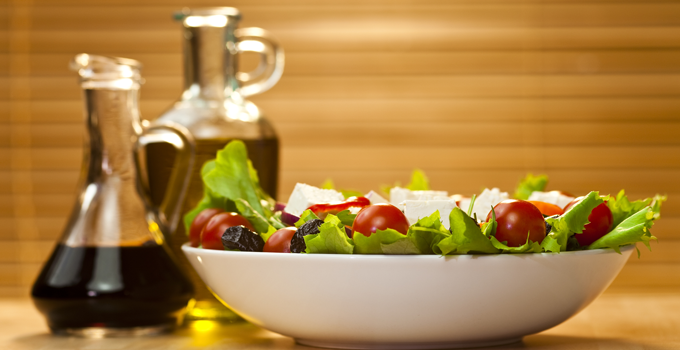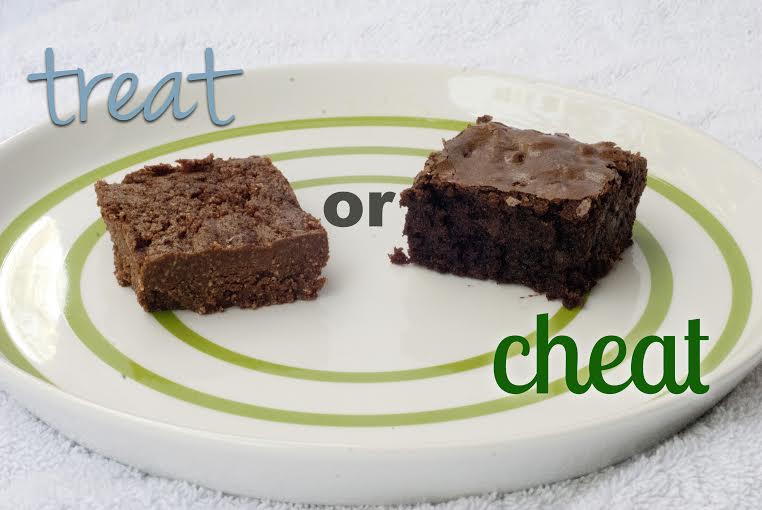
Do those leafy greens freak you out? Does eating 1 large cucumber, a bowl of spinach, 2 apples,2 carrots in one sitting seem like MISSION IMPOSSIBLE to you? Hold on. Thanks to juicing, all of this can fit into one glass which can be gulped in less than 10 seconds. That’s not it; you are free to make it the way you want it to suit your palet. You can feel free to add any vegetable (carrot, tomato, cucumber, beetroot, spinach, bottle gourd, etc), fruit for flavour and sweetness (apple, pomegranate, orange, berries, papaya, melons and banana) and a few add ons like flaxseeds, chia seeds, mint, coriander, ginger, lemon juice, gooseberry.
Drinking just one freshly made vegetable juice each day is a reliable way of infusing your body with a wide variety of vitamins and minerals that can protect your body against pre-mature ageing and diseases. It’s the best bet for people who often tend to skip their breakfast due to a busy morning schedule.
It is a myth that the no.1 reason for juicing vegetable is weight loss. It’s just that juicing makes us so good that the weight loss is an added bonus! A major benefit of juicing regularly is that we stop craving for junk foods. Our body gets into the natural habit of declining processed sugar and opting for fruits/raw vegetables. We begin to crave for a glass of juice instead of a cup of joe!
Exploited in the right amount, juicing has many benefits on offer:
- Absorb all the nutrients – Cooking, frying and boiling the ingredients many-a-times leads to the destruction of a majority of the vital anti-oxidants and amino acids. Juicing helps prevent this loss and fortifies your dietary intake with a well rounded ingestion of all necessary nutrients.
- Eat as many vegetables that you have ever imagined – Let’s face it, on any regular day, we wouldn’t even dream of eating a bowl of boiled and sautéed spinach or broccoli; no matter how nutritious it’ll prove to be. But now, all we got to do is throw together all of the infamous leafy veggies into the blender, add in the juice of half a lemon for zing or an apple for sweetness, and we won’t even recognize the ‘rabbit food’ anymore.
- Make sure we don’t waste the fibre – After we have extracted the juice from the blender, don’t simply throw away the pulp. We can incorporate this leftover fiber into muffins, soups and gravies. Juicing does increase our anti-oxidant intake, but we lose out on natural fibers which aid digestion. A completely juice-based diet will do more harm than good. It is meant to supplement our nutrition, not hamper it.
- Drink your juice right away – It is a very bad idea to juice large quantities at once and store it for consequent use. Under highly monitored conditions, vegetable juice can stay fresh for a maximum of 24 hours due to its unpasteurized nature. After this time span, the nutritional value declines steadily and the taste will also suffer. It is best consumed immediately.
Few things to keep in mind:
1.Make sure that we’ve removed all dirt or even bugs that may be hiding in the vegetables, particularly in the heads of broccoli, leaves of spinach or lettuce.
2.The key to making healthy vegetable juices is to make green vegetables the bulk of every serving. Green vegetables won’t spike your blood sugar and insulin level like fruits and sweet vegetables like carrots and red beets will. They can be healthy additions to our drinks, and they’ll definitely add sweetness and flavour.
3.In regards to the machinery required, our usual blender should do the trick just fine. However, if one is serious about juicing and wants to extract the best out of the ingredients – it would be beneficial to invest in a masticating Cold Press. The press slowly crushes the fruit or vegetable and prevents the application of heat as is the case in blades and blenders. Thus, ending up with healthier and highly-enriched juices, with preserved colour and nutrients. They are similar to the cold pressed juices available in the market.
A guide to build a perfect veggie juice:
Step A : Choose a base :
Water, coconut water, green tea, almond milk
Step B : Choose your veggies:
Spinach, broccoli, lettuce, celery, cucumber, carrots, beetroot
Step C : Choose a fruit :
Apple, grapes, melon, papaya, banana, peaches, kiwi, pineapple, pear
Step D : Optional add-ins :
Flaxseeds, chia seeds, ginger, gooseberry, lemon juice, honey, dates, almonds, nut butters,
Cinnamon, coconut oil, avocado, ice cubes.
Step E :
Blend and enjoy!
These is some serious life-sustaining stuff. So drink with gratitude and enjoy knowing that you’re taking great care of yourself.








